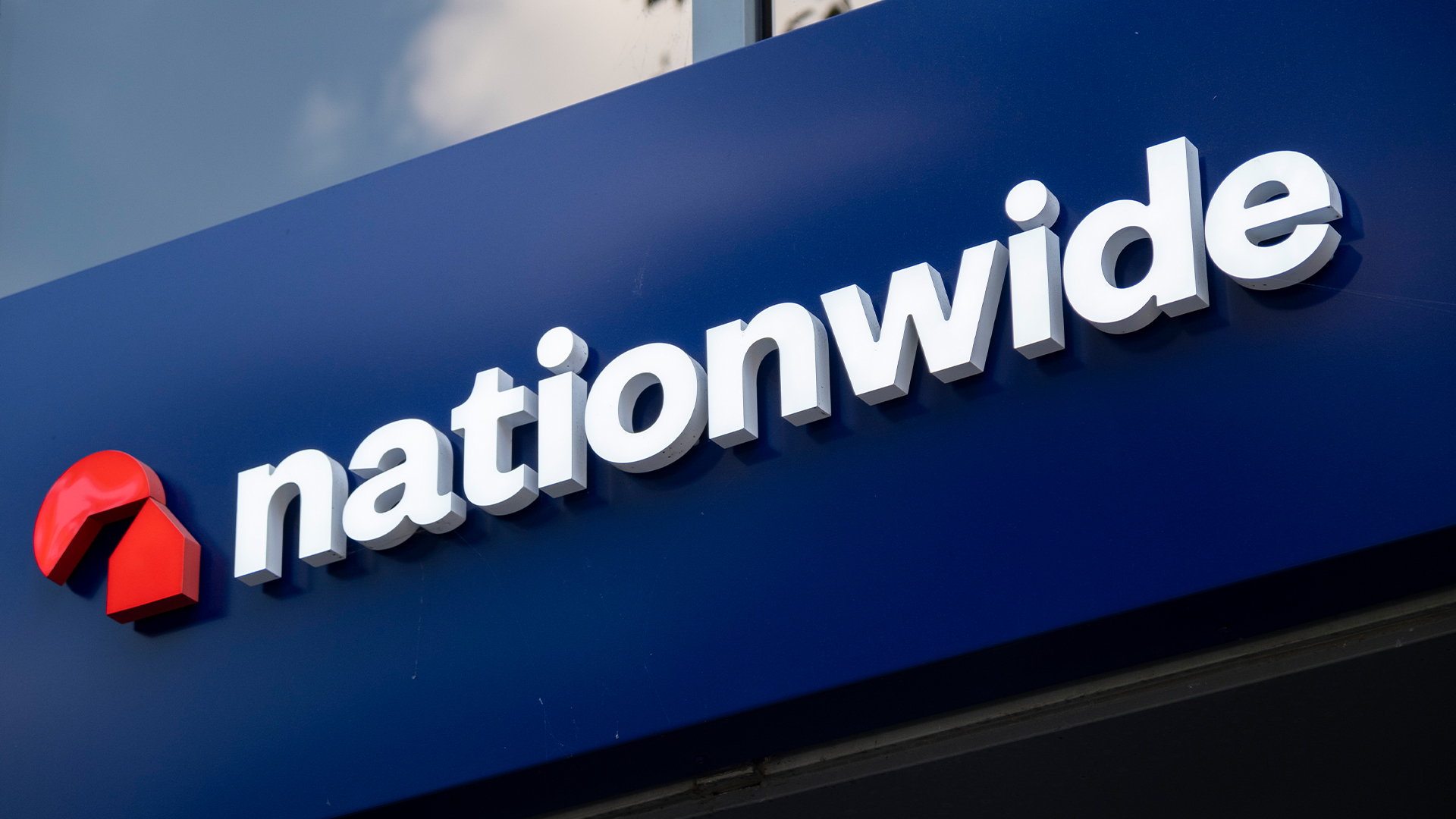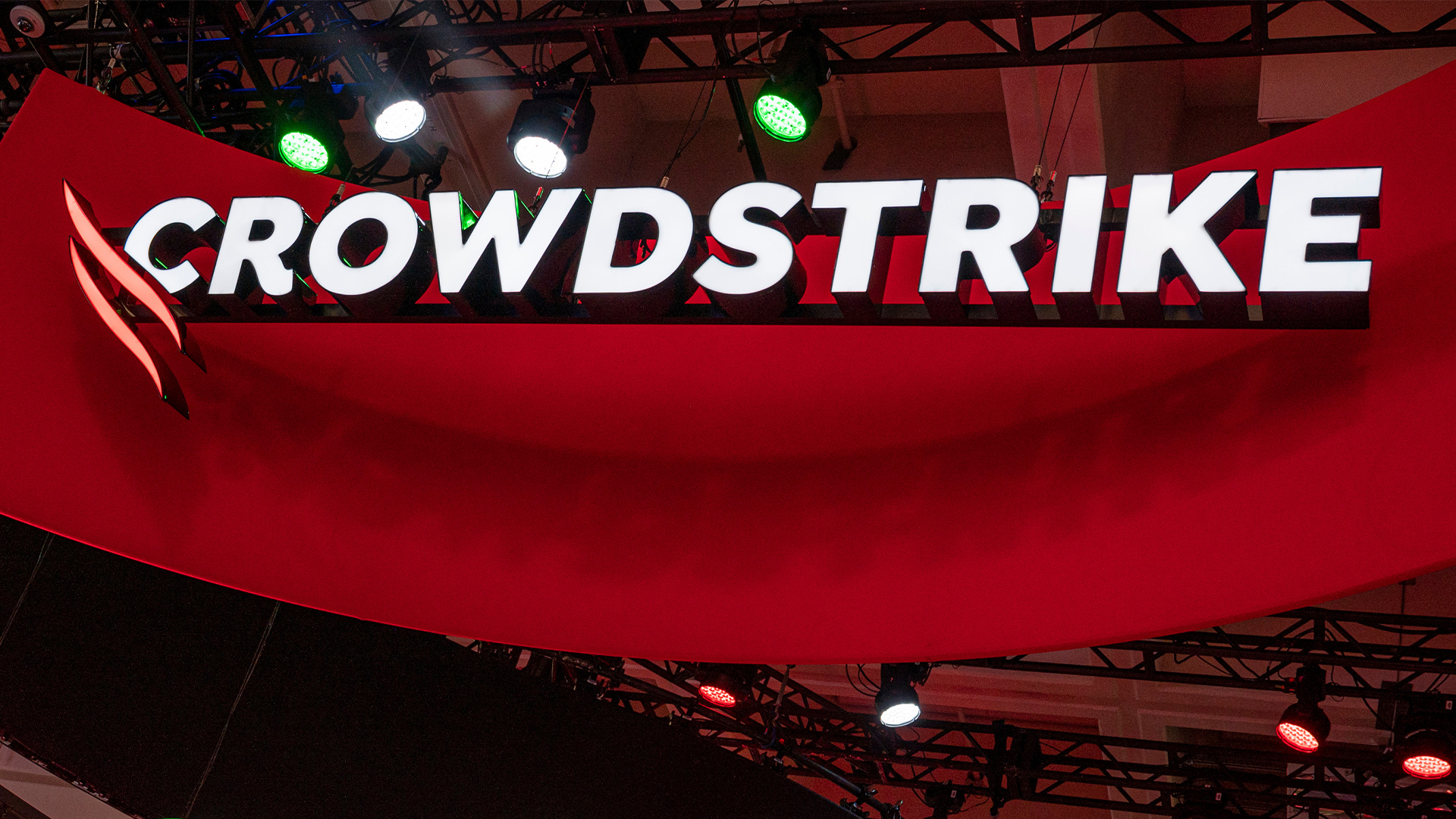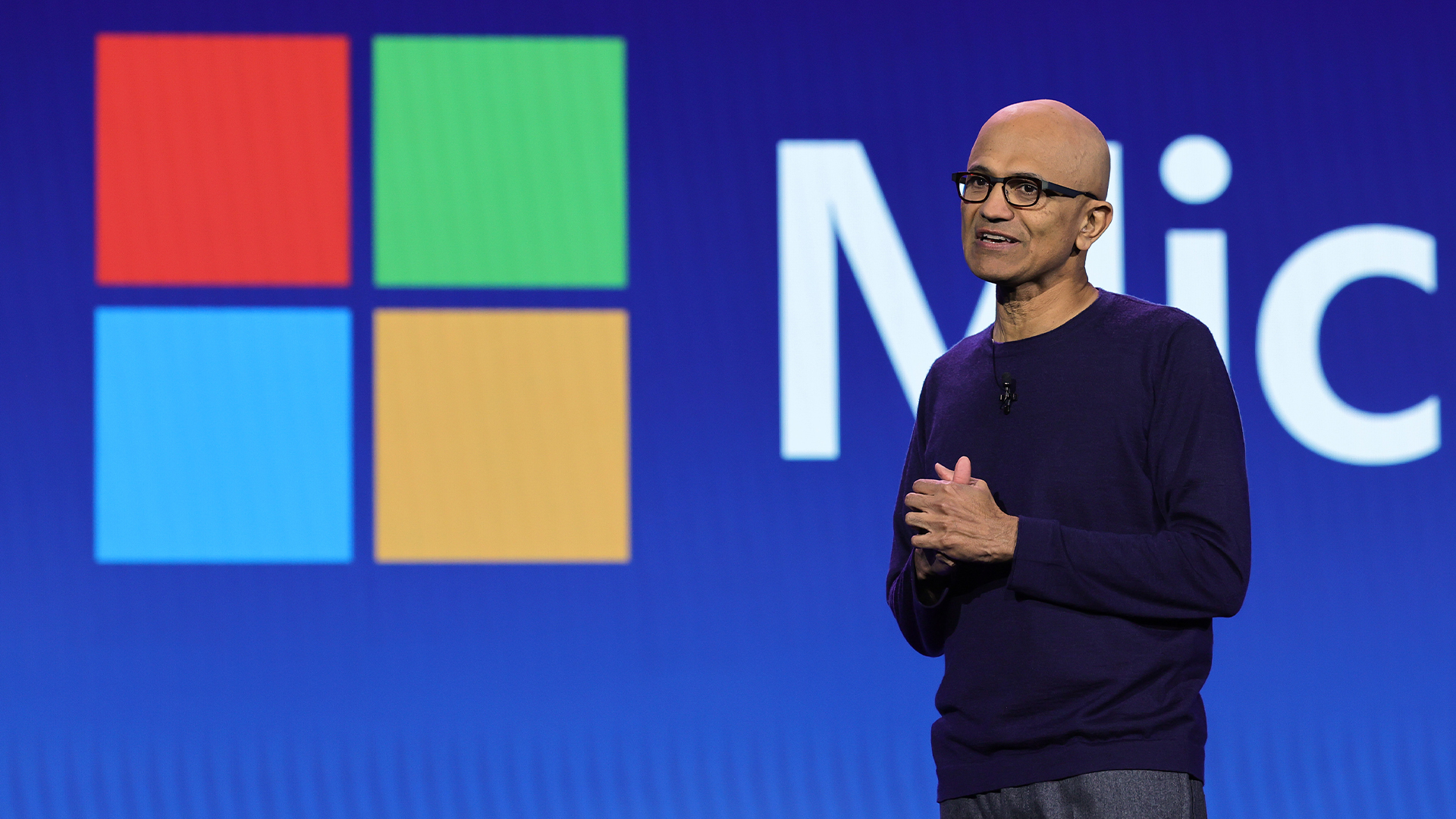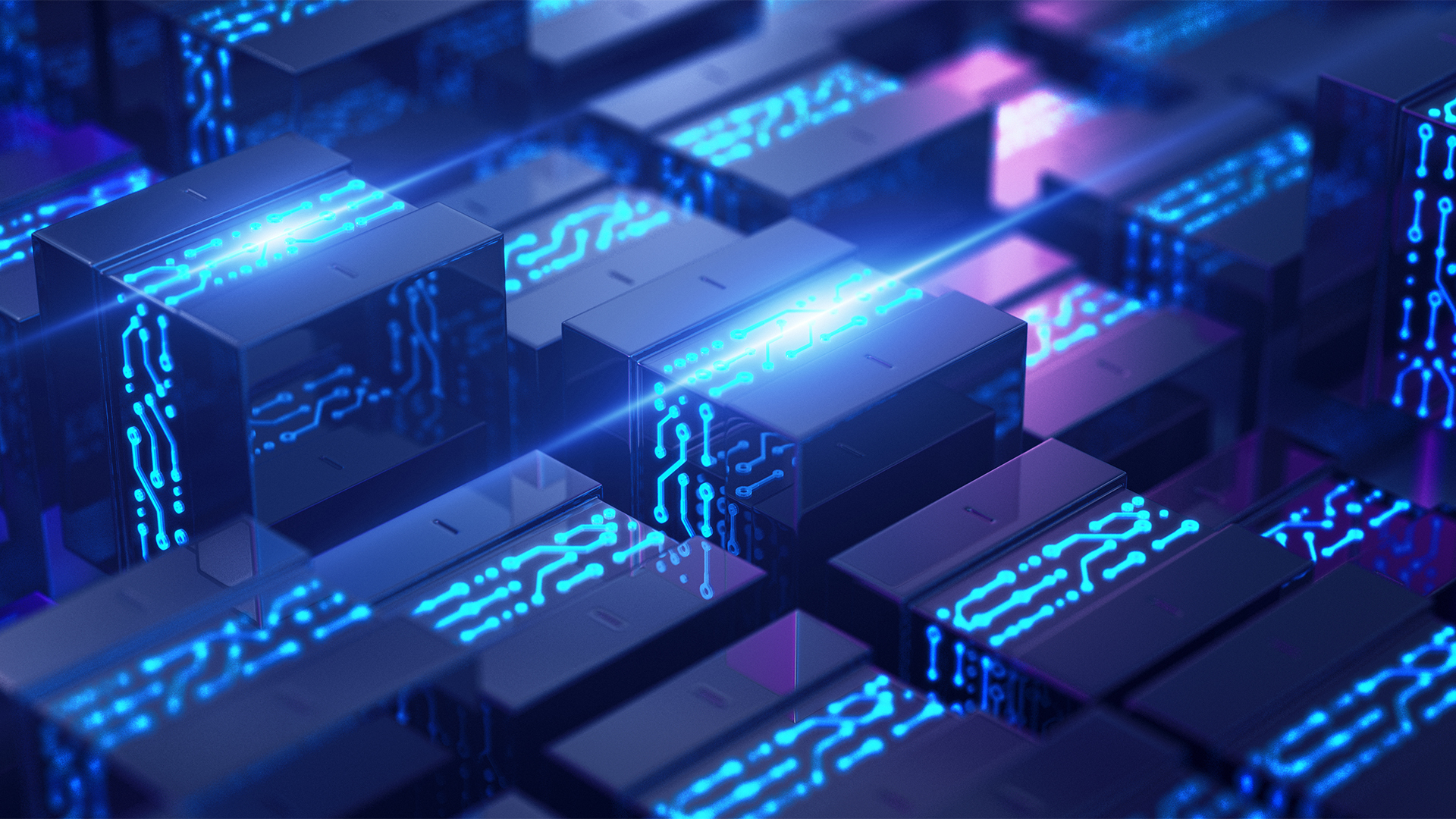Pegasystems teams up with AWS to supercharge IT modernization
The duo aim to create deeper ties between the Blueprint, Bedrock, and Transform services


Sign up today and you will receive a free copy of our Future Focus 2025 report - the leading guidance on AI, cybersecurity and other IT challenges as per 700+ senior executives
You are now subscribed
Your newsletter sign-up was successful
Pegasystems has announced a strategic collaboration with AWS to drive IT modernization using the cloud computing giant’s generative AI services.
The five-year deal will give users of Pega Blueprint, the company’s application modernization and development platform, access to Amazon Bedrock and AWS Transform.
Bedrock is Amazon’s flagship AI service, offering customers the ability to choose from a selection of in-house and third-party AI models, while Transform uses agentic AI workflows to automate application modernization lifecycles.
According to Pegasystems, the tie-up between the two firms will enable enterprises to dramatically accelerate modernization projects and tackle technical debt - a key issue affecting businesses which hampers AI adoption.
John Higgins, chief of client and partner success at Pegasystems, said the collaboration marks “another major step” in helping enterprises accelerate legacy application transformation goals.
“It’s no longer enough to keep applying incremental changes to legacy systems in the AI era,” he said.
“Clients want to drive strategic business process changes to capture the AI driven productivity improvements; eliminating technical debt, enabling dynamic and intelligent workflows are significant value drivers for organizations seeking to embrace AI to drive business agility.”
Sign up today and you will receive a free copy of our Future Focus 2025 report - the leading guidance on AI, cybersecurity and other IT challenges as per 700+ senior executives
What customers can expect from the AWS-Pega deal
Pegasystems has been highly vocal on the potential of AI to transform application and IT infrastructure modernization in recent years.
The firm unveiled the Blueprint platform in early 2024, and has launched a raft of new AI-powered capabilities in the 18 months following its launch.
With this in mind, creating deeper ties between Blueprint and AWS Transform makes sense. The company noted that drawing upon the agentic AI capabilities of the AWS service will help users “accelerate their journey to the cloud faster and more efficiently” by simplifying legacy system modernization.
"Generative AI is not only revolutionizing what customers can build in the cloud, but with services like AWS Transform, it's fundamentally changing how quickly and seamlessly they can get to the cloud in the first place," said Chris Grusz, managing director of technology partners at AWS.
The same logic applies to Bedrock, as it will allow customers to draw upon a range of AI models that can be used across its suite of solutions.
Indeed, Pegasystems said the AI model service will act as the “primary generative AI foundation” powering both Blueprint and the Pega Platform - an AI-based workflow automation service used for building applications.
“Now powered with Amazon Bedrock, clients can securely leverage generative AI large language models (LLMs) from companies including Anthropic, Amazon, Cohere, Meta, and more,” the company said.
“Pega clients can confidently use the power of Amazon Bedrock across the entire app development lifecycle – from requirements analysis to initial workflow design to continual refinement.”
Tackling technical debt
A key talking point for Pegasystems over the last two years has been the impact of legacy infrastructure and technical debt on broader AI strategies.
While enterprises are keen on AI adoption and investing heavily on this front, many are working with outdated tech that simply isn’t up to the task of contending with cumbersome AI workloads.
In a recent survey conducted by Savanta on behalf of Pegasystems, more than two-thirds (68%) of respondents identified legacy systems and applications as a key barrier to adopting new technologies.
Notably, the study found that many enterprises are now caught in a vicious cycle of “legacy dependency”, whereby they can’t embrace new technologies due to the fact that overhauling critical legacy applications may create larger problems.
Nearly half (48%) of respondents highlighted this as a key factor behind sluggish modernization progress. Another 68% said legacy systems are preventing them from improving operational efficiency.
MORE FROM ITPRO
- Pegasystems CEO Alan Trefler wants to help enterprises sift through the AI 'hype'
- Pegasystems goes all the way back to Socrates to transform corporate learning
- Pegasystems moves to harness the power of the autonomous enterprise with its ‘center-out’ approach

Ross Kelly is ITPro's News & Analysis Editor, responsible for leading the brand's news output and in-depth reporting on the latest stories from across the business technology landscape. Ross was previously a Staff Writer, during which time he developed a keen interest in cyber security, business leadership, and emerging technologies.
He graduated from Edinburgh Napier University in 2016 with a BA (Hons) in Journalism, and joined ITPro in 2022 after four years working in technology conference research.
For news pitches, you can contact Ross at ross.kelly@futurenet.com, or on Twitter and LinkedIn.
-
 Microsoft Copilot bug saw AI snoop on confidential emails — after it was told not to
Microsoft Copilot bug saw AI snoop on confidential emails — after it was told not toNews The Copilot bug meant an AI summarizing tool accessed messages in the Sent and Draft folders, dodging policy rules
-
 Cyber experts issue warning over new phishing kit that proxies real login pages
Cyber experts issue warning over new phishing kit that proxies real login pagesNews The Starkiller package offers monthly framework updates and documentation, meaning no technical ability is needed
-
 Nationwide forges closer ties with AWS in cloud transformation push
Nationwide forges closer ties with AWS in cloud transformation pushNews The building society is “consolidating and modernizing” cloud infrastructure and focusing heavily on internal skills development
-
 Startups get seal of approval from CrowdStrike, AWS, and Nvidia
Startups get seal of approval from CrowdStrike, AWS, and NvidiaNews 35 startups are promised mentorship, technical expertise, go-to-market support, and ecosystem visibility
-
 Global IT spending set to hit a 30-year high by end of 2025
Global IT spending set to hit a 30-year high by end of 2025News Spending on hardware, software and IT services is growing faster than it has since 1996
-
 Microsoft’s huge AI spending still has investors sweating despite solid cloud growth
Microsoft’s huge AI spending still has investors sweating despite solid cloud growthNews Capital spending at Microsoft continues to surge, despite previous claims it would cool down
-
 AI tools are a game changer for enterprise productivity, but reliability issues are causing major headaches – ‘everyone’s using AI, but very few know how to keep it from falling over’
AI tools are a game changer for enterprise productivity, but reliability issues are causing major headaches – ‘everyone’s using AI, but very few know how to keep it from falling over’News Enterprises are flocking to AI tools, but very few lack the appropriate infrastructure to drive adoption at scale
-
 Enterprises want to tackle technical debt, but they’re caught in a vicious ‘legacy dependency’ cycle – and it’s costing them customers
Enterprises want to tackle technical debt, but they’re caught in a vicious ‘legacy dependency’ cycle – and it’s costing them customersNews Balancing customer needs with technology demands is causing headaches for IT leaders
-
 Consumers are sick of slow, clunky services, so they're demanding enterprises modernize their tech
Consumers are sick of slow, clunky services, so they're demanding enterprises modernize their techNews Consumers are placing increased pressure on enterprises to improve user experiences and update clunky legacy technology.
-
 ‘Europe could do it, but it's chosen not to do it’: Eric Schmidt thinks EU regulation will stifle AI innovation – but Britain has a huge opportunity
‘Europe could do it, but it's chosen not to do it’: Eric Schmidt thinks EU regulation will stifle AI innovation – but Britain has a huge opportunityNews Former Google CEO Eric Schmidt believes EU AI regulation is hampering innovation in the region and placing enterprises at a disadvantage.